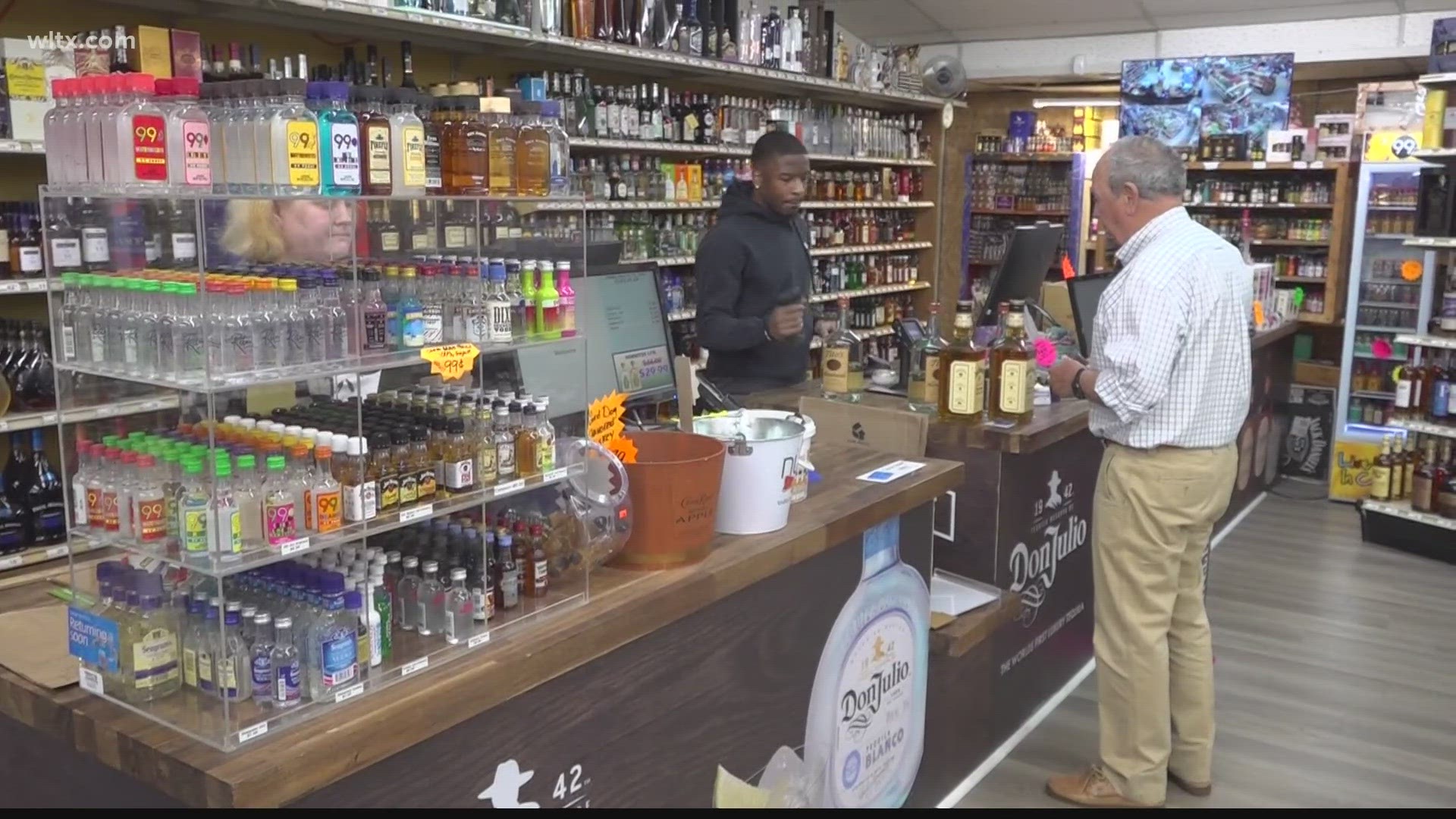The South Carolina House has taken a significant step towards modernizing the state’s liquor laws by approving a bill that would permit liquor stores to operate for a few hours on Sundays, provided their local governments endorse the measure.
What is the Bill About?
Advocates of the bill argue that it is high time to amend archaic regulations rooted in religious traditions that designate Sunday as a day of rest. They emphasize the potential economic benefits, particularly for businesses catering to tourists, who inject billions of dollars into South Carolina’s economy annually. Many visitors are surprised to discover the inability to purchase alcohol on Sundays, especially during the summer beach season. In a 68-44 vote, the House approved the bill, with opposition primarily coming from conservative Republicans and some rural Democrats. The legislation now awaits one final approval vote before advancing to the Senate.

South Carolina’s Adherence to Blue Laws
Republican Representative Gil Gatch, a former pastor and lawyer, underscored the principle of limited government, asserting that South Carolina is not a theocracy and should not be governed as such. The state has gradually relaxed its blue laws over the years, initially allowing gas stations to open on Sundays, followed by restaurants and grocery stores. However, liquor stores have remained closed despite societal shifts and economic pressures. South Carolina’s adherence to blue laws has placed it among a minority of states that prohibit liquor sales on Sundays. While many states have abolished such restrictions, a handful, including North Carolina, Texas, and Pennsylvania, still impose limitations on Sunday liquor sales. In some cases, regulations vary at the county or city level, highlighting the complexity of alcohol laws across the United States.
The Debate Over Sunday Liquor Sales
Republican Representative John McCravy expressed concerns about eroding traditional values and the potential impact on small liquor store owners. He argued that the bill could compel these proprietors to work additional days to compete with corporate outlets that would likely open on Sundays.
The debate over Sunday liquor sales reflects the delicate balance between preserving cultural norms and adapting to changing societal dynamics. While proponents emphasize the economic advantages and the need for modernization, opponents raise concerns about the erosion of longstanding traditions and the well-being of small businesses.

As South Carolina navigates this legislative process, policymakers must carefully weigh these considerations to strike a balance that reflects the interests of both businesses and communities while respecting the state’s cultural heritage.